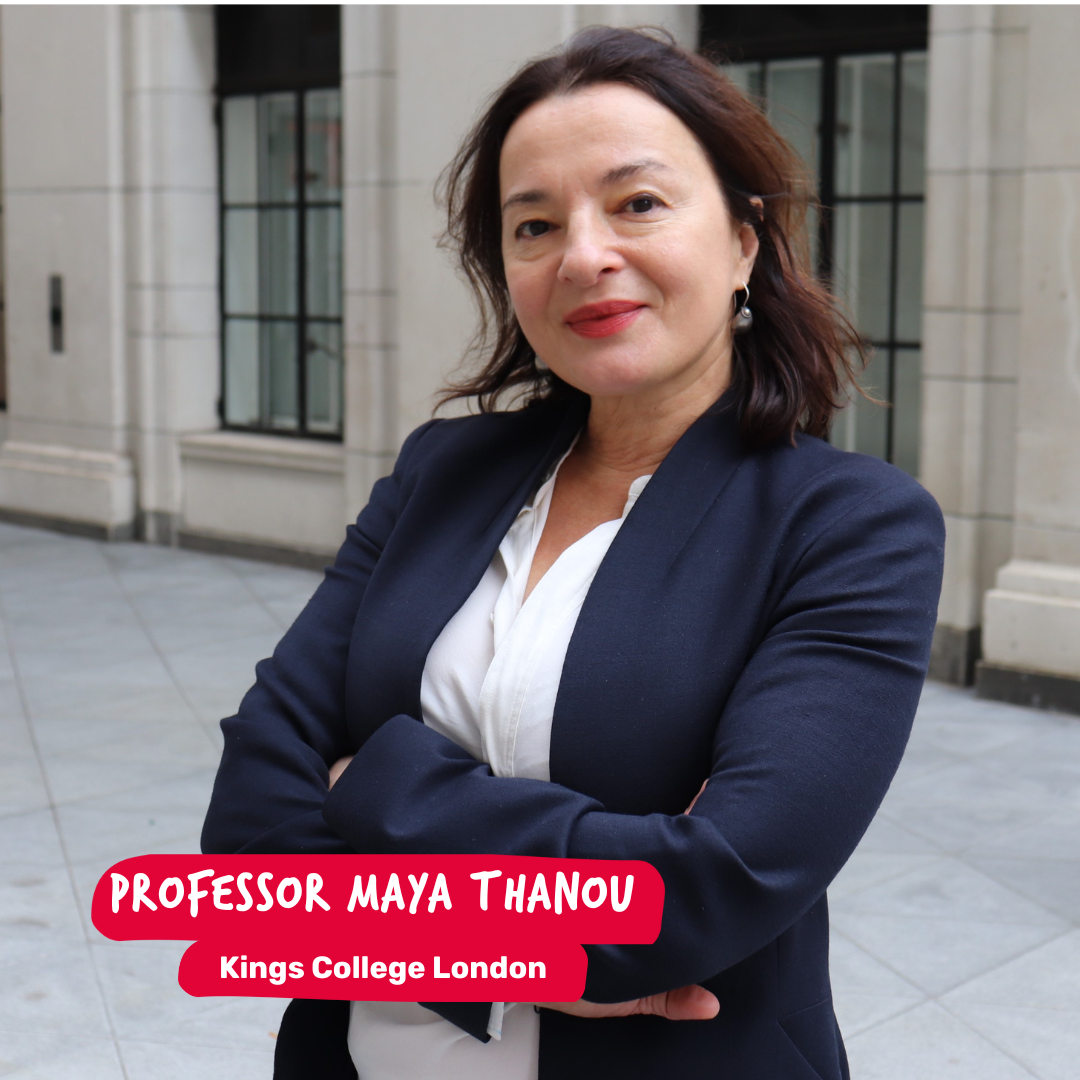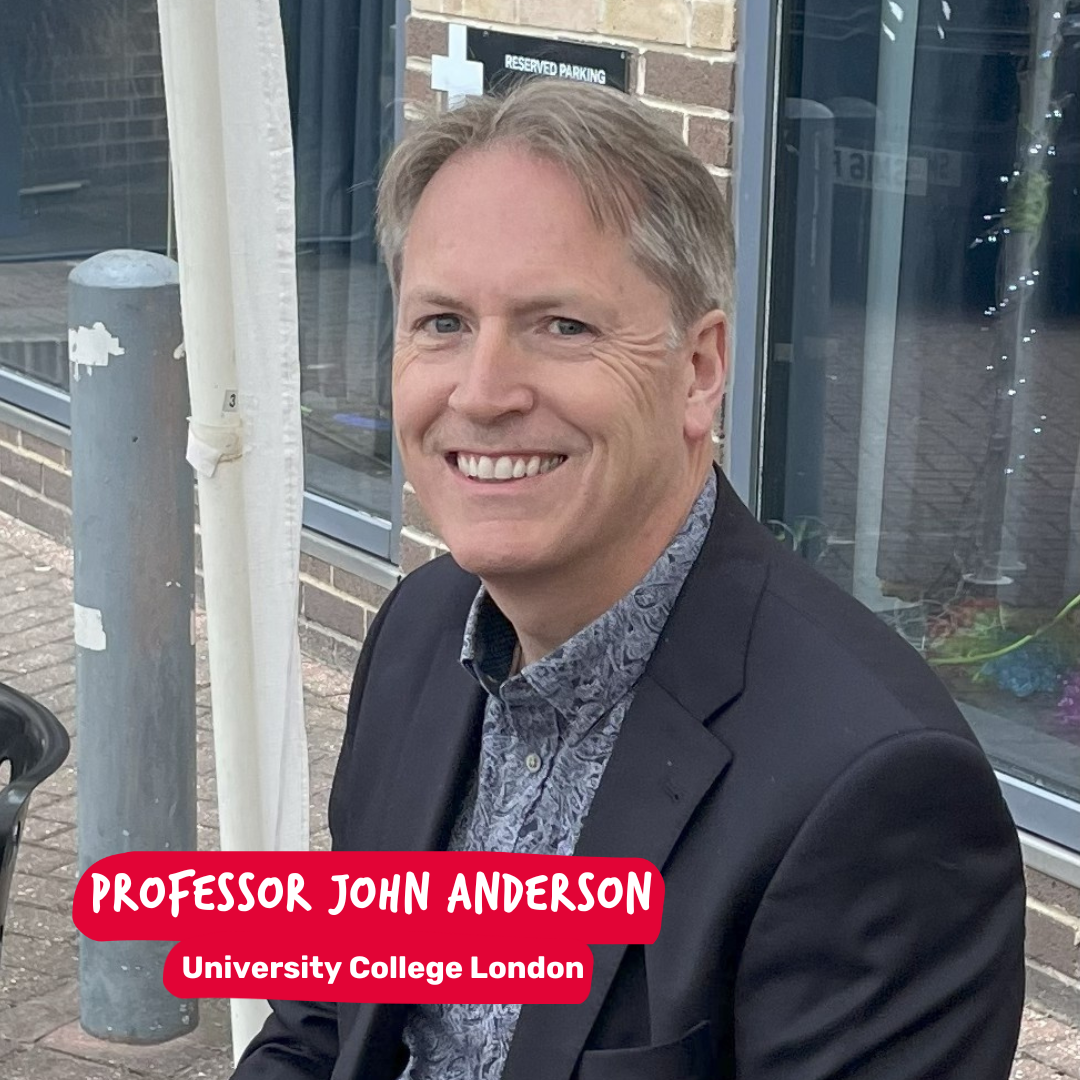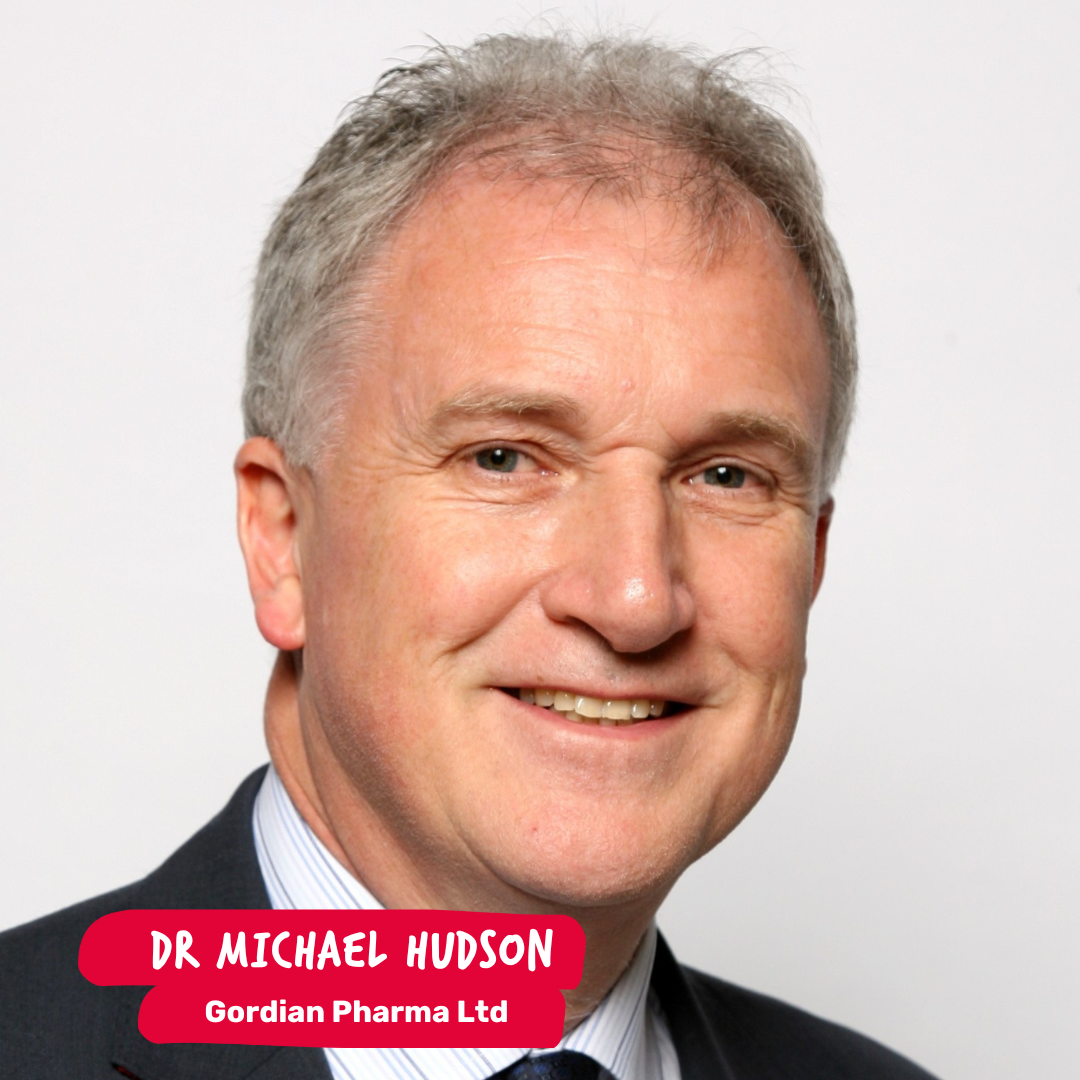What is translational research and why is it needed?
In research, there is a critical gap between promising discoveries made in the lab and successful translation into effective clinical treatments. This is often referred to by researchers as the ‘translational valley of death’.
This gap is particularly pronounced for brain tumours for a variety of reasons, such as the rarity and complexity of brain tumours, and difficulty developing treatments that can bypass the blood brain barrier (BBB). This often means that pharmaceutical and biotechnology companies invest less in research for brain tumours, compared with other cancers, due to the perceived greater risk.
Our Translational Award
In 2024, we launched a dedicated funding scheme – The Translational Award – which aims to bridge this gap. Organisations working on therapeutics, medical devices, drug delivery mechanisms and diagnostics for primary brain tumours, were encouraged to apply. The aim is to reduce the risk and make proposals more lucrative for pharmaceutical and biotechnology companies to pursue and take the interventions into the clinic.
This award was a first for The Charity as it was open to applications from biotechnology and pharmaceutical companies, as well as academic research institutions. This award will serve as a partnership, allowing us to leverage our expertise and network of professionals to enhance every project and maximise its chances of success.
Who are we funding?
Three projects have been awarded up to £400,000 each to help develop promising scientific discoveries into real-world advances in diagnosis, treatment, and care for people affected by brain tumours.

Delivering drugs to brain tumours
A research team led by Professor Maya Thanou, at King’s College London, has developed a new technology called ‘ActNano’. They have designed a small molecule, capable of delivering multiple drugs to tumours without affecting healthy cells.
Enhancing CAR-T cell therapy for brain tumours
Professor John Anderson and his research group at UCL Great Ormond Street Institute of Child Health are focused on developing a new type of CAR-T cell therapy. These CAR-T cells have been designed to target a protein on the surface of many high-risk brain tumours in both children and adults. Importantly, this protein is not usually found on healthy cells, so only the cancer cells will be targeted.


Preventing glioblastoma recurrence
Dr Michael Hudson and his team at Gordian Pharma Ltd are investigating whether a drug called MTL-004 could be used alongside surgery to prevent glioblastomas from growing back. MTL-004 is designed to target GBM cells and cause them to die by preventing the DNA from being copied.

We have developed our bespoke Translational Award to ruthlessly evaluate and drive the best concepts forward. Projects successfully emerging from this pipeline will be in a strong position to attract the significant further funding required to move into clinical trials. Our aim is to accelerate success or fail ideas faster if they cannot be translated. Through partnerships, we will develop industry-like standards of drug development to maximise the chances of success and future funding.
Dr Simon Newman, Chief Scientific Officer at The Brain Tumour Charity
